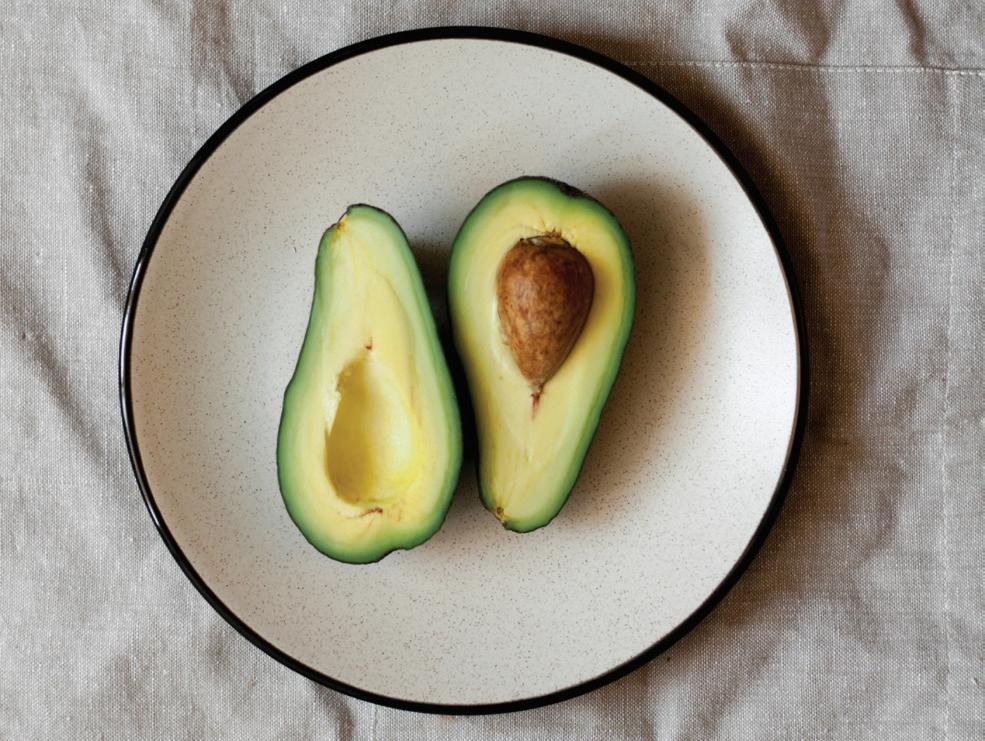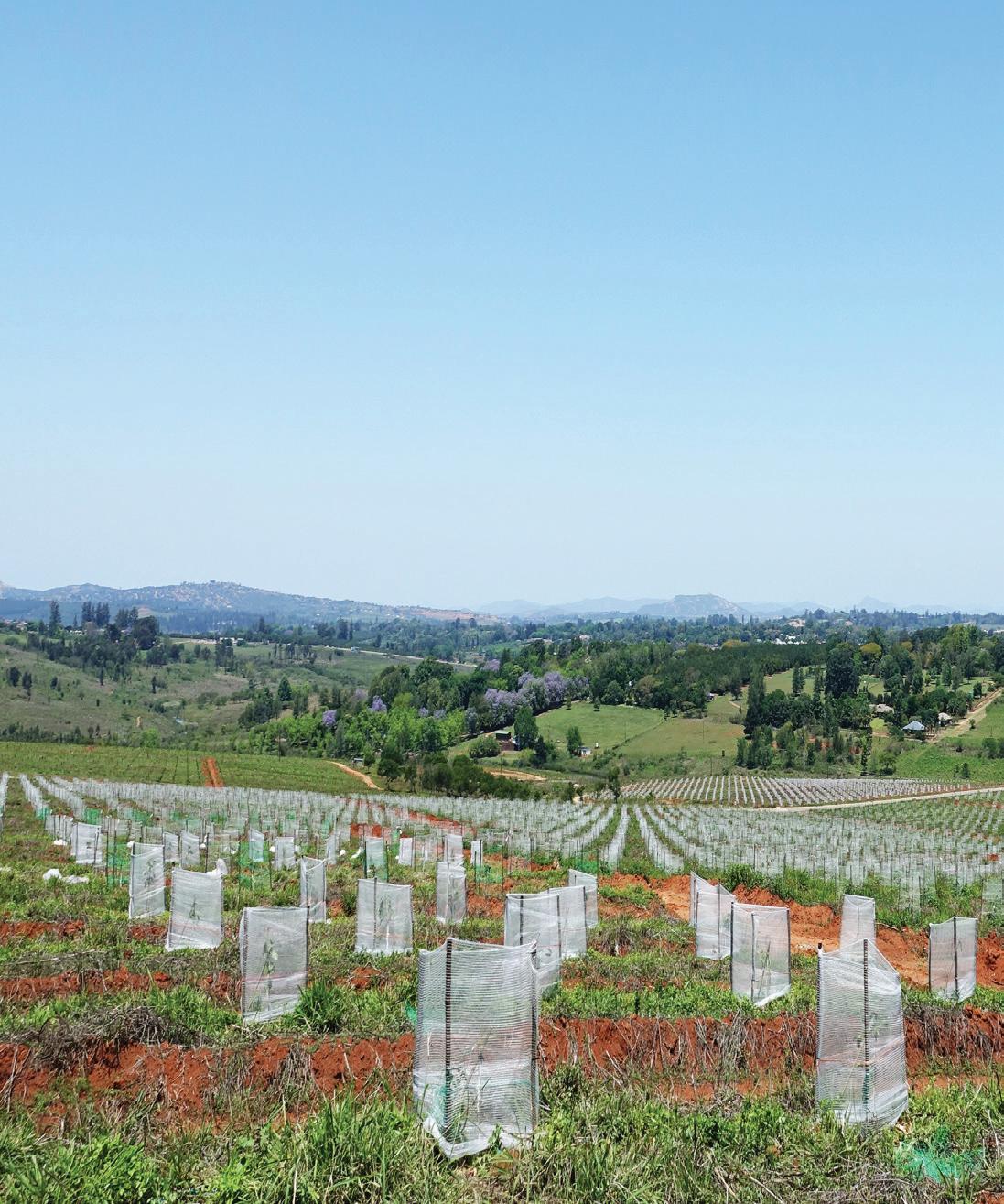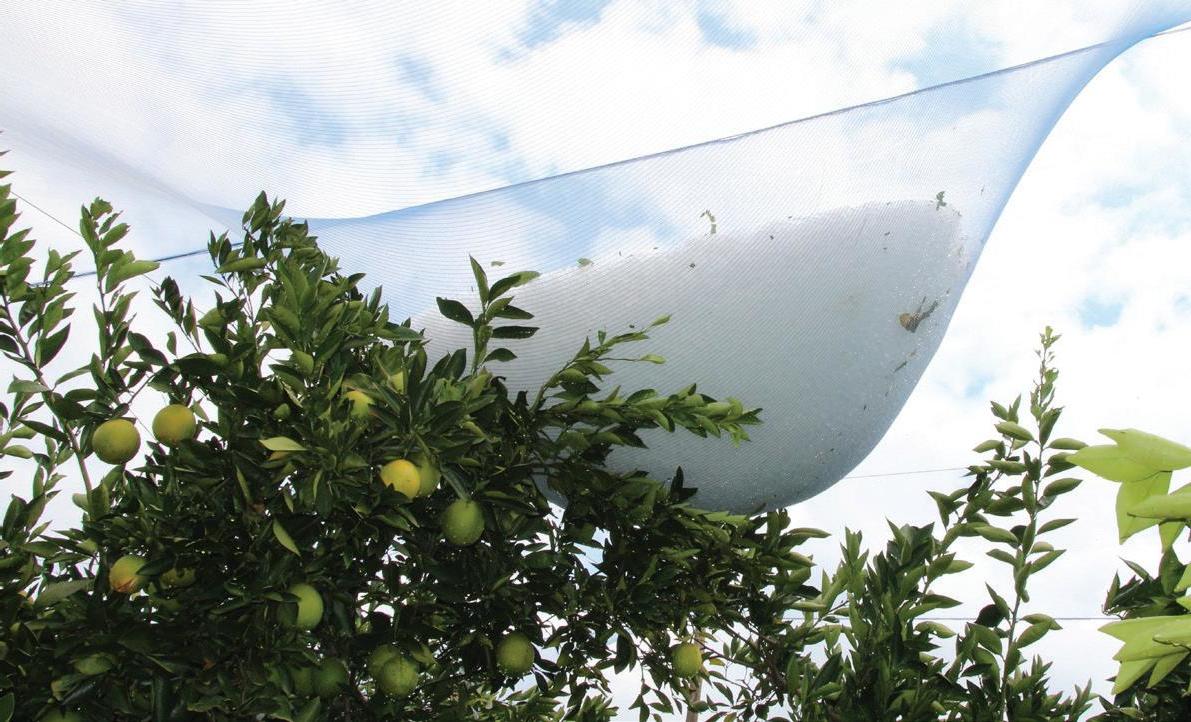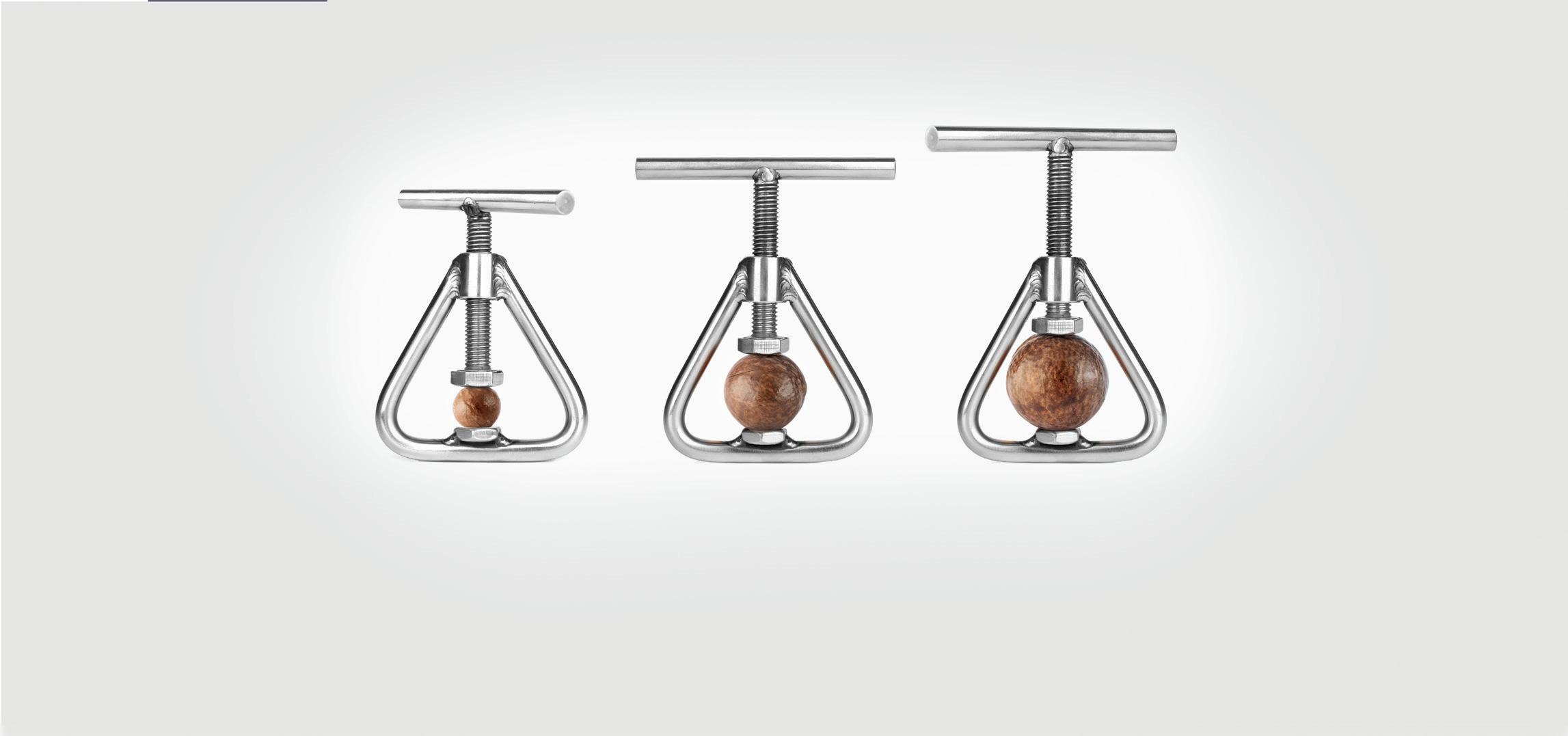
5 minute read
Illegal imports could destroy local avo industry
JAN GREYLING
SAAGA and the local avocado industry support the legal importation of avocado fruit from Tanzania.
"SOUTH AFRICA AND Tanzania are both members of the World Trade Organisation (WTO) and the International
Plant Protection Convention (IPPC) and therefore officially engage on phytosanitary issues / risks with trade partners according to the rights and obligations of the WTO SPS
Agreement and the IPPC, says Subtrop CEO, Derek Donkin. Over the past months, SAAGA has participated in a process to finalise a South African phytosanitary import protocol for fresh avocado fruit from Tanzania. However, the new protocol for the importation of avocados from Tanzania has not yet been finalised, says Clive Garrett, Chairperson of
SAAGA. He confirms that the South African Department of Agriculture, Land Reform and Rural Development (DALRRD) and the
Tanzanian governments are working hard to do things correctly. This confirms that rejection of the Tanzanian consignment at the Beit Bridge border post on 19 February 2021was Donkin referred the SAAGA member who contacted him to not based on claims that South Africa is protecting the local the Fresh Produce Importers’ Association (FPIA) to assist with industry without concern about the Tanzanian growers. import matters. The member joined the FPIA to facilitate the "If you take shortcuts, which have been taken here, by process to obtain an import permit for processing. bringing in fruit that has the possibility of bringing in pests, 23 November 2020: The FPIA approached Subtrop to find you are illegal. We know exactly why this consignment has support for the finalisation of the import protocols for fresh been intercepted and destroyed," says Garrett. avocado fruit, without the customary physical verification visit "These avocados have been brought into the country by DALRRD to the exporting country, due to the COVID-19 without the necessary phytosanitary certificates. Ignorance travel restrictions. “A virtual verification inspection would of the law is no excuse. In this case, I think the supplier knew therefore expedite the finalisation of the import protocols,” what is expected of them, but they took a chance and did says Donkin. not get away with it." Subtrop supported this proposal since hard, green avocado fruit, without false codling moth (FCM) or other damage, con-
Let’s do it legally stitute a low phytosanitary risk regarding Bactrocera dorsalis
Subtrop, who manages the affairs of SAAGA, recorded the which is the main phytosanitary pest of concern. process leading up to the interception and confiscation of Phytosanitary measures are necessary to mitigate the risk between 40 and 56 tons of avocados from a Tanzanian of importing avocado fruit which is not hard, green, and free grower: of FCM or other damage. It is important to note that Bac20 July 2020: DALRRD forwarded Subtrop a draft phy- trocera dorsalis is not present in all regions of South Africa. tosanitary work plan for the import of fresh avocado fruit Consequently, phytosanitary measures for this pest are necesfrom Tanzania for inputs and comments. sary to protect fruit production in areas free of this pest and 29 July 2020: Comments and inputs from Subtrop were safeguard exports of fruit from these areas to certain markets submitted to DALRRD. – the same reason why South African growers are required to August 2020: A SAAGA member who processes avocados have removal permits when moving avocados out of an area contacted Subtrop regarding the possibility of importing avo- where Bactrocera dorsalis occurs. cados from Tanzania for processing. Donkin contacted the 15 December 2020: After discussions with relevant DAL-
Acting Director of Plant Health at DALRRD, who said that it RRD officials, the FPIA emailed DALRRD recommending that should be possible to arrange a special import permit for the DALRRD finalise the protocol for the import of Tanzanian avfruit to be processed. ocados without a physical verification visit to Tanzania due to
Such a permit would include a specific procedure for dis- the COVID-19 travel restrictions. This email clearly stated that posing of waste. Similar permits for the import of mangoes there was an out-of-season shortage of avocados in South Affrom other African countries for processing had been issued rica and that the import of avocados from Tanzania would be in the past. beneficial.
Over the past months, SAAGA has participated in a process to finalise a South African phytosanitary import protocol for fresh avocado fruit from Tanzania.
Illegal imports could destroy local avo industry
FROM PAGE 24
Since December DALRRD has requested the Tanzanian Department of Agriculture to propose dates for a virtual meeting to finalise the protocol. “In addition, this specific Tanzanian exporter has been advised by FPIA to contact the Tanzanian Department of Agriculture to request them to expedite replying to the request from DALRRD,” says Donkin.
Do not waste food
Garrett states that, "nobody wants to see food destroyed and SAAGA does not support food being destroyed for any reason. If, however, it needs to be done to protect our avocado industry then so be it. Unfortunately, that was what happened in this situation." He is clear that the priority of South African authorities should be to protect local growers and they did do so. “If you are going to play a game of rugby you need to know the rules of the game before you run onto the field. The Tanzanians know the rules of the game. Once you have been caught with your pants of you are going to say that prices in South African are high – which is due to imports during the local off-season – and that food cannot be destroyed while the small farmers in Tanzania who have grown these avocados are suffering due to Covid-19. That is not the issue. The issue is about following the correct rules of the game and they did not follow the rules.” Currently, in South Africa early new season avocados have been entering stores nationwide, implying that legal Tanza- nian imports during the local off-season may perhaps only be on South African shelves from their next harvest.

26

SAKPRO TREE PROTECTION NET
013 751 2376 | SALES@SAKPRO.CO.ZA











